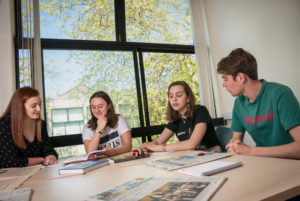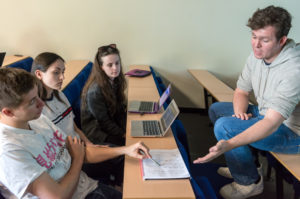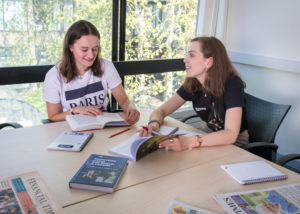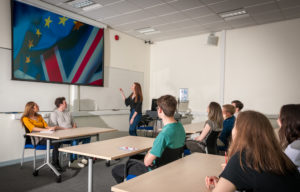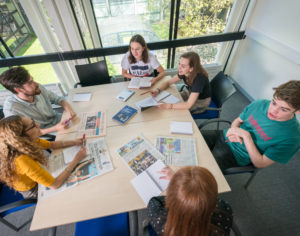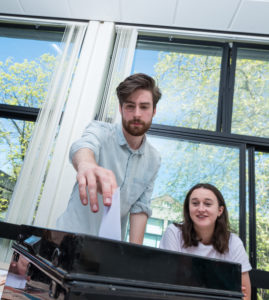How you'll learn
The modules on the programme are delivered using combinations of lectures, seminars, workshops, personal tutorials, and group tutorials. These are held on the main campus, with timetabled sessions for you to attend. On average, each module would have 2-hours face-to-face teaching per week. For those undertaking the Advanced Placement Scheme, personal sessions are held with the Placement Scheme Director.
How you're assessed
Students undertake a range of authentic assessments such as policy documents, presentations, reports, reflective logs, amongst others. These are included alongside essays and online examinations (depending on which optional modules students select). Students also undertake a 60-credit dissertation, which is undertaken in the second and summer semesters for submission in September.
Liverpool Hallmarks
We have a distinctive approach to education, the Liverpool Curriculum Framework, which focuses on research-connected teaching, active learning, and authentic assessment to ensure our students graduate as digitally fluent and confident global citizens.
The Liverpool Curriculum framework sets out our distinctive approach to education. Our teaching staff support our students to develop academic knowledge, skills, and understanding alongside our graduate attributes:
- Digital fluency
- Confidence
- Global citizenship
Our curriculum is characterised by the three Liverpool Hallmarks:
- Research-connected teaching
- Active learning
- Authentic assessment
All this is underpinned by our core value of inclusivity and commitment to providing a curriculum that is accessible to all students.
